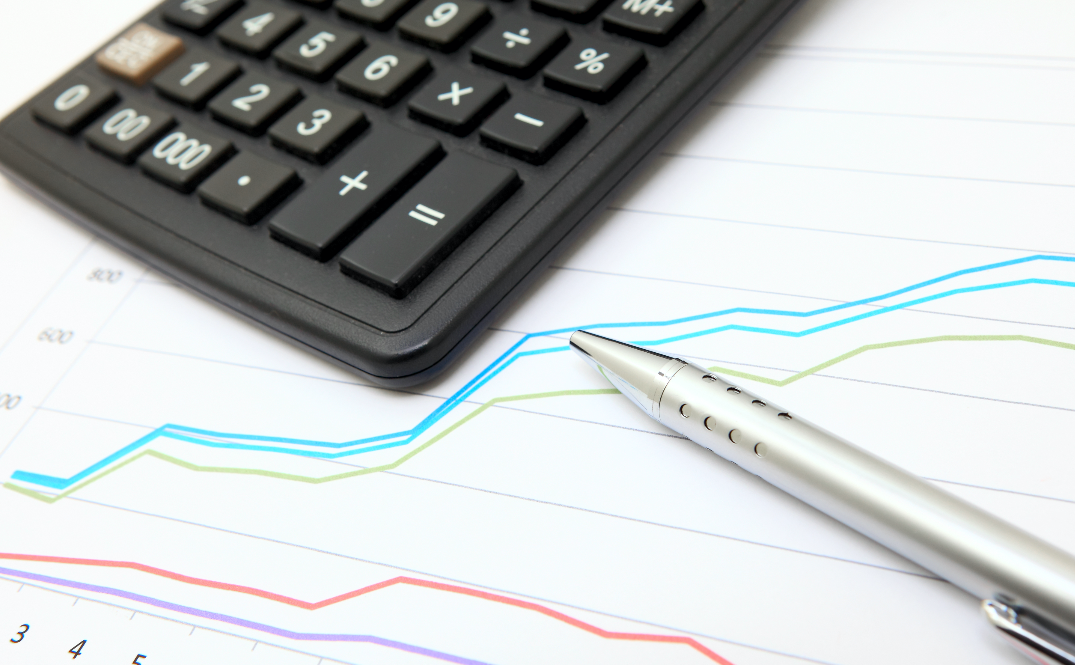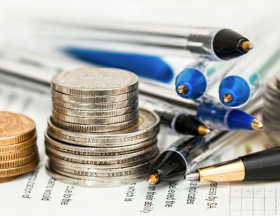According to the ADB, the Middle Kingdom is by far Africa's most important creditor among those "outside the Paris Club". They are singled out for the lack of transparency of much of their loans, in the midst of the debate on canceling or postponing African debt.
In recent years, Chinese loans to African countries have seen the largest increase among non-Paris Club creditors on the continent. This is what the latest African Development Bank (AfDB) report on Africa’s economic outlook for 2021 reveals.
According to the institution, between 2000 and 2018, Beijing’s loans to Africa increased, remaining above $ 10 billion per year between 2012 and 2017, peaking at nearly $ 30 billion in 2016. They targeted sectors important for the continent’s development such as infrastructure; the Middle Empire having positioned itself on many major road, port, and airport construction projects over the past decade.
However, the ADB indicates that the growth of these loans took place in a context marked by a certain opacity.
“The number of non-Paris Club creditors in the African creditors landscape has increased, by far the largest being China. A large part of the loans are not transparent about the loan conditions and the guarantees, ”says the pan-African institution. In addition, she believes that “most countries currently in debt distress or deemed to be at high risk of debt distress are highly exposed to Chinese loans.” This is notably the case of Djibouti, where 57% of the total debt is held by Beijing, of Angola (49%), and even of the Congo (45%).
This report is published in a context marked by a return of the debt issue to the topicality of African countries which are currently seeking financing to get out of the economic crisis caused by the coronavirus. For several years, Western countries have accused Beijing, the black continent’s largest trading partner, of locking African economies into a debt trap.
While negotiations for a postponement or even cancellation of African debts are still on the agenda, China’s role in this process continues to be debated. During a press conference organized in February 2021, French President Emmanuel Macron declared: “There is no point in restructuring African debts towards Europe and the United States if it is to contract more of debts towards China […] Which we have nevertheless seen very often in recent years ”, thus referring to the results of the HIPC initiative (heavily indebted poor countries) launched between the end of the 1990s and early 2000s to cancel the debt of several African countries, which had led to a new round of massive indebtedness to China.
In view of this situation, Paris and the AfDB seem to agree that any significant restructuring or resolution of the debt of African countries “would require negotiating with official Paris Club lenders and other countries, such as China”. However, since coordination between the two parties is not the soundest, let alone on this subject, reaching such an agreement will be difficult.
Note, however, that in recent years, the volume of loans disbursed by China each year seems to be declining. According to the AfDB, which is based on the China-Africa Research Initiative of the Johns-Hopkins University SAIS, since the peak of 2016, Chinese loans have fallen to nearly $ 15 billion in 2017, then in below $ 10 billion in 2018.
Source Ecofin Agency
































Réagissez à cet article